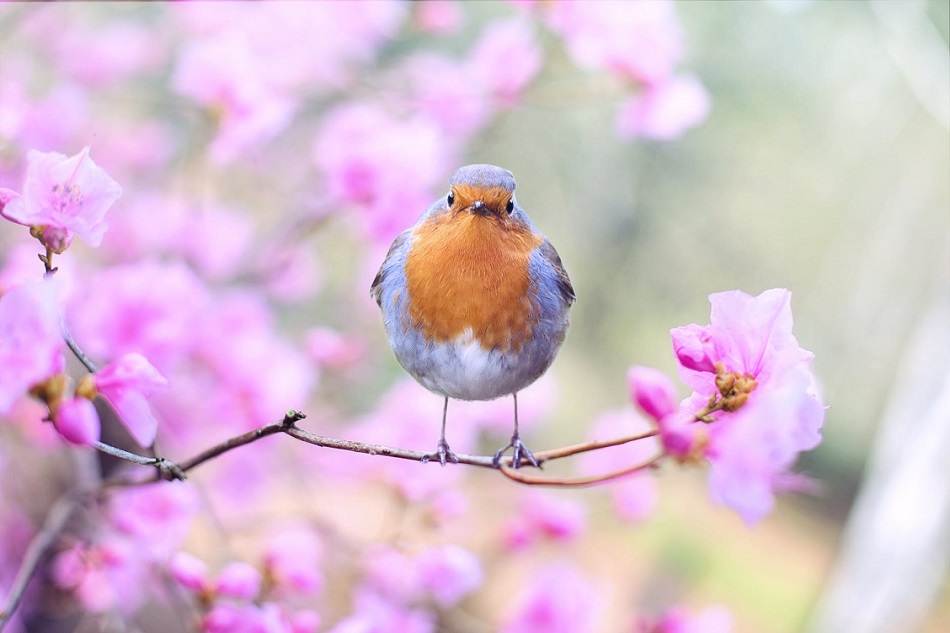International Dawn Chorus Day falls on first Sunday of May. This is the perfect time for bird watching, as our feathered friends build their nests and new families of birds arrive in our gardens. But do you recognise all of
Join Our Feathered Friends for International Dawn Chorus Day






